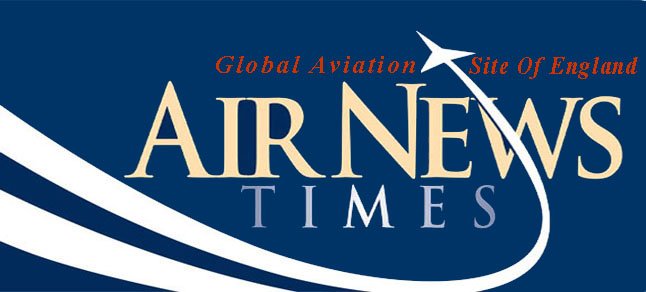The chief executive of the Air Transport Association of America (ATA), the industry trade organization for the leading U.S. airlines, testified today before the House Transportation and Infrastructure Committee on reauthorization of the Federal Aviation Administration (FAA), calling for investment in the nation’s air traffic control system to create jobs, grow the economy and enable global competitiveness.
Commercial aviation drives $1.2 trillion in economic activity annually, supports nearly 11 million jobs and is responsible for more than 5 percent of the nation’s gross domestic product.
“No other industry has such a powerful economic multiplier effect as commercial aviation,” said ATA President and CEO Nicholas E. Calio. “Aviation provides the key connections that make the economy grow. If we want to double our nation’s exports over the next five years, there is no way to do it without commercial aviation.”
ATA called on Congress to view FAA reauthorization as a jobs bill, as an investment in NextGen air traffic management that will lead to the creation of 150,000 jobs immediately, and more over time. Other countries, including China, are investing heavily in their aviation infrastructure, to help transform their economies. China recently announced the equivalent of a $228 billion investment in aviation.
“[NextGen] is about the underlying strength of the U.S. economy and the ability of American industries to compete – and win – on the global stage,” Calio said. “The antiquated, ground-based air traffic control system in place today is a major drag on productivity and job creation. By accelerating NextGen, more than 150,000 jobs can be created, fuel consumption can be cut by as much as 12 percent and delays, which cost the United States $31 billion in 2007 alone, can be reduced.”
ATA urged that Congress and the administration craft a cohesive national airline strategy that would include accelerated deployment of NextGen and a rationalizing of the industry’s tax burden, which has soared from $3.7 billion in 1990 to more than $16 billion in 2010.
“Commercial aviation has the distinction of being among the highest taxed industries in the country, along with alcohol and tobacco – ironically products that are taxed to discourage use – when in fact, we should be doing all that we can to encourage air travel to the benefit of the economy and to job growth,” Calio said.
Air Transport Association to Congress: Leverage NextGen to Help Grow the U.S. Economy through New Jobs and Increased Exports





